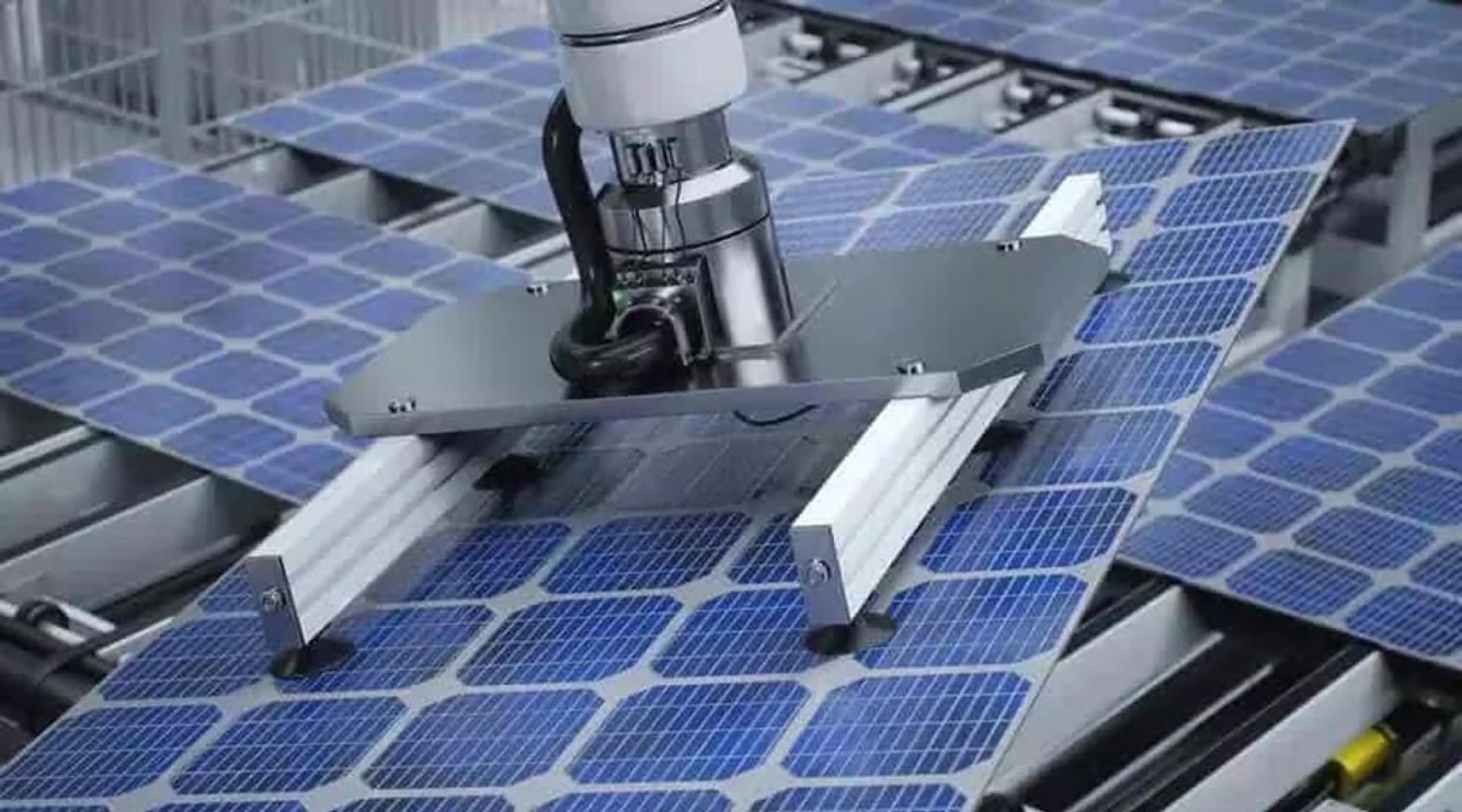At the end of August this year, the Italian government announced the implementation of the "FerX Transitional Decree," excluding Chinese-made photovoltaic products and components from incentive measures. The goal is to encourage the use of EU-produced solar panels and reduce dependence on China, making it the first such case in Europe.
According to a report by CNA on the 9th, the Italian Energy Services Operator announced the new bidding principles on the 4th, explicitly stipulating that the main place of origin or assembly for photovoltaic systems in bids must not be China.
The FerX Transitional Decree is an incentive mechanism set up by the Italian government to support renewable energy power generation and help ensure the market competitiveness of renewable energy generation costs.
Italy’s largest financial newspaper, "Il Sole 24 Ore," reported that the first FerX renewable energy bidding round did not restrict the origin of solar panels. That time, the bid capacity was 8 gigawatts (GW), and in the end, 1,400 applications were received, with bid requests totaling as much as 17GW. Therefore, the bidding capacity could not satisfy the demands of all businesses.
Under the new regulations, this second bidding round excludes Chinese-manufactured photovoltaic systems, encouraging operators who previously did not obtain incentives to prioritize the purchase of photovoltaic systems produced in Italy or Europe and to try again to participate in the second round of bidding.
The report pointed out that standards for participating in the second round of bidding include: photovoltaic modules must not be assembled in China, photovoltaic cells must not be sourced from China, solar inverters must not be of Chinese origin, and, among the EU-listed key photovoltaic raw materials, at least one component must not be made in China.
The main purpose for the Italian government to adopt these measures is to strengthen the resilience of the EU photovoltaic manufacturing industry by supporting the production of European solar panels, inverters, and other components. Since products made in Europe are more expensive, this round of the bidding plan will provide even higher incentives than the previous stage.
